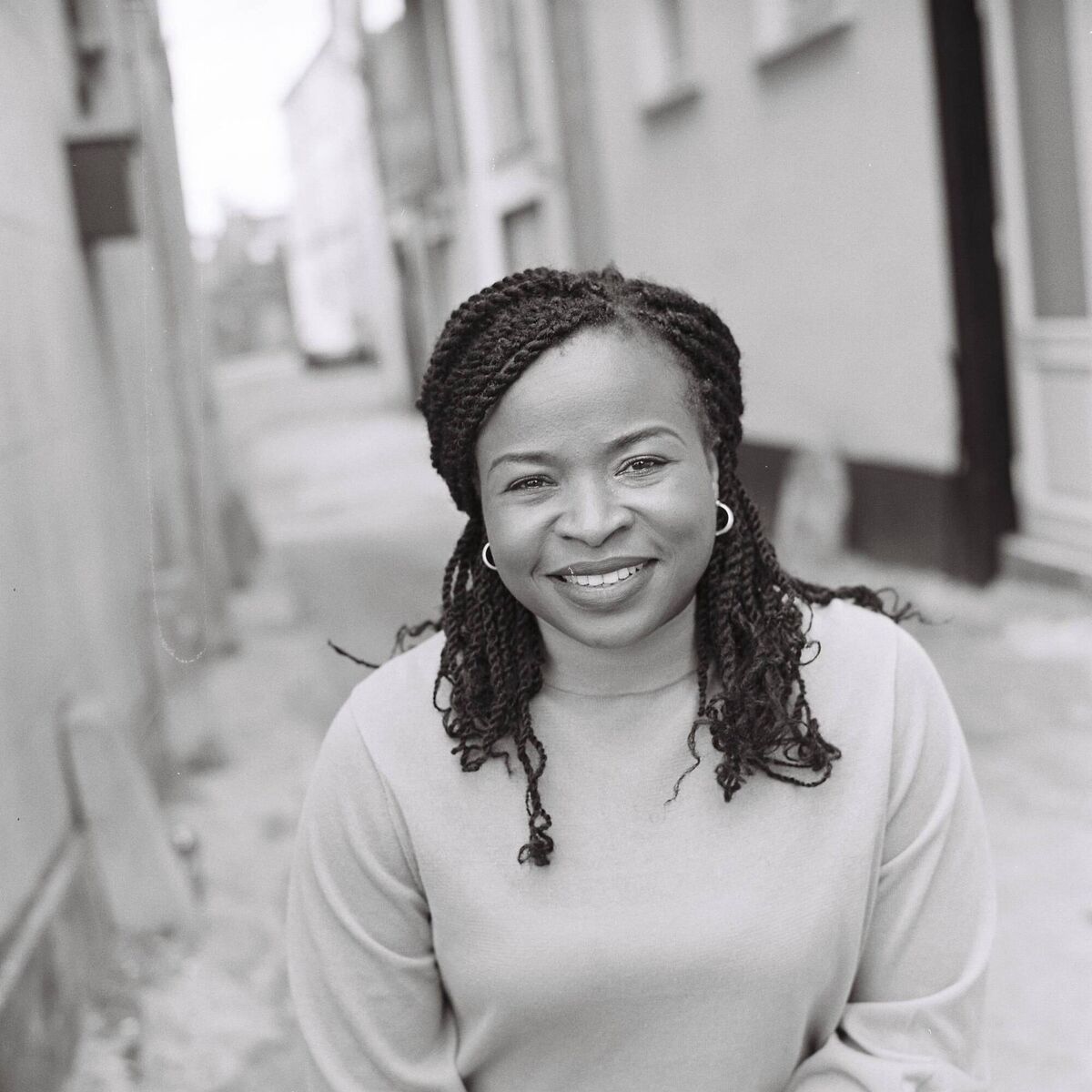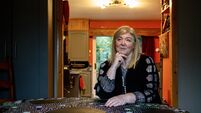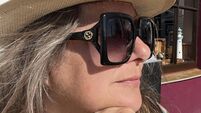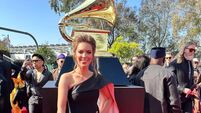Remembering my mum: ‘My mother was full of life... a vibrant woman’
Deborah (in red) with her mother and her sisters, Joan and Bawo.
When Deborah Blankson’s mother died, she was nine years old. In that moment, she lost a home. She credits Cork with offering her a new perspective, allowing her to recover. Now, she calls Cork home.
Deborah’s mother was also a hard-working businesswoman who distributed gold and expensive textiles to shops around Benin in Nigeria.
“When we went to live with our grandma, it all changed. There were no rules any more, we could go where we wanted. I couldn’t embrace the freedom of being allowed to play with loads of other kids all the time – I wasn’t used to it. Instead, I found escape in books. This is when I developed my love of reading.”

“It was my first time going to therapy. Up until then, I didn’t have the words to express how I was feeling. I know now that if I hear voices and struggle to breathe, I am having an attack. Naming it really helped.







 App?
App?


